About Us
The Community Doula Program was developed in partnership with InterCommunity Health Network Coordinated Care Organization to provide culturally, socially, and linguistically matched doula care to medicaid families in Oregon. Having trained over 150 doulas to become state certified Traditional Health Workers, the program has received over 1,400 referrals. Our focus on decreasing maternal health inequities by our most underserved families has already shown decreased cesarean birth rates, higher breast feeding rates, and high patient satisfaction. We believe in building community solutions to our maternal health crisis in the United States, and are dedicated to sharing our experiences with families and communities looking to do the same.
Our Team Members
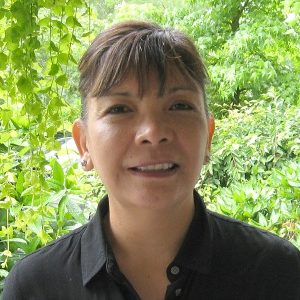
Rocio Badger

Melissa Cheyney, PhD, LDM
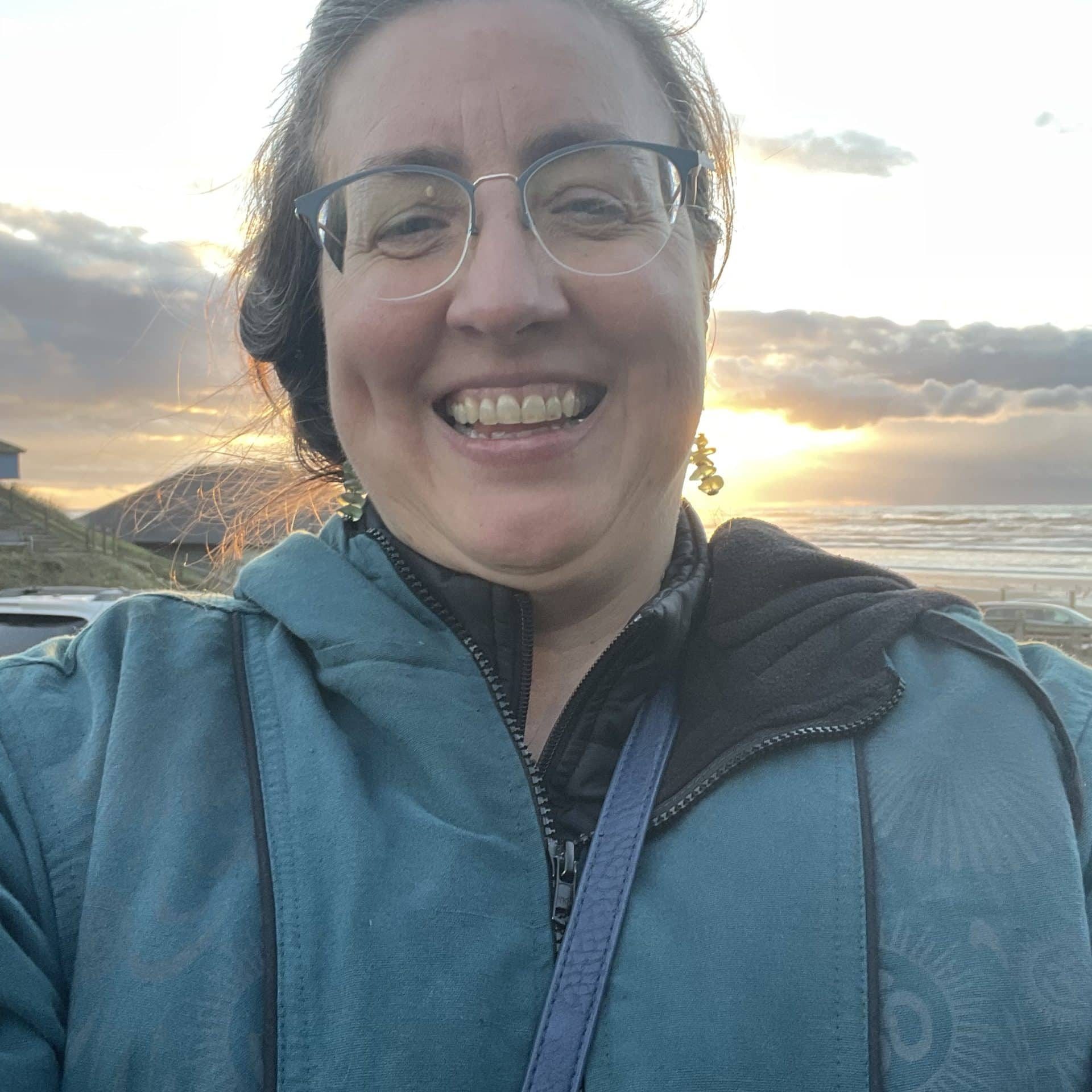
Jaya Conser Lapham, MPH, LMT, BA, THW doula, THW PWS, CBS
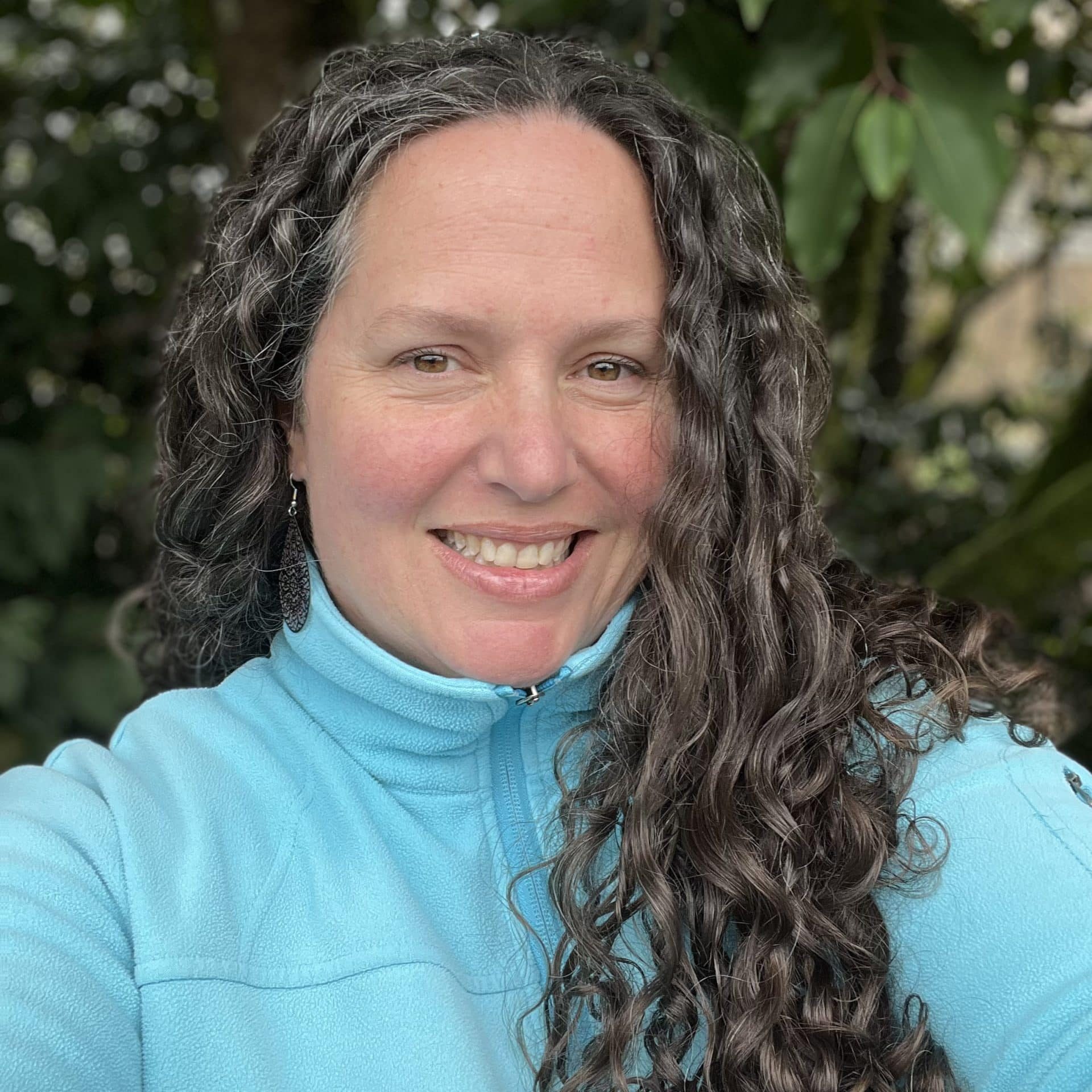
Peg Kriz, THW Doula

Ali Lape, THW Doula
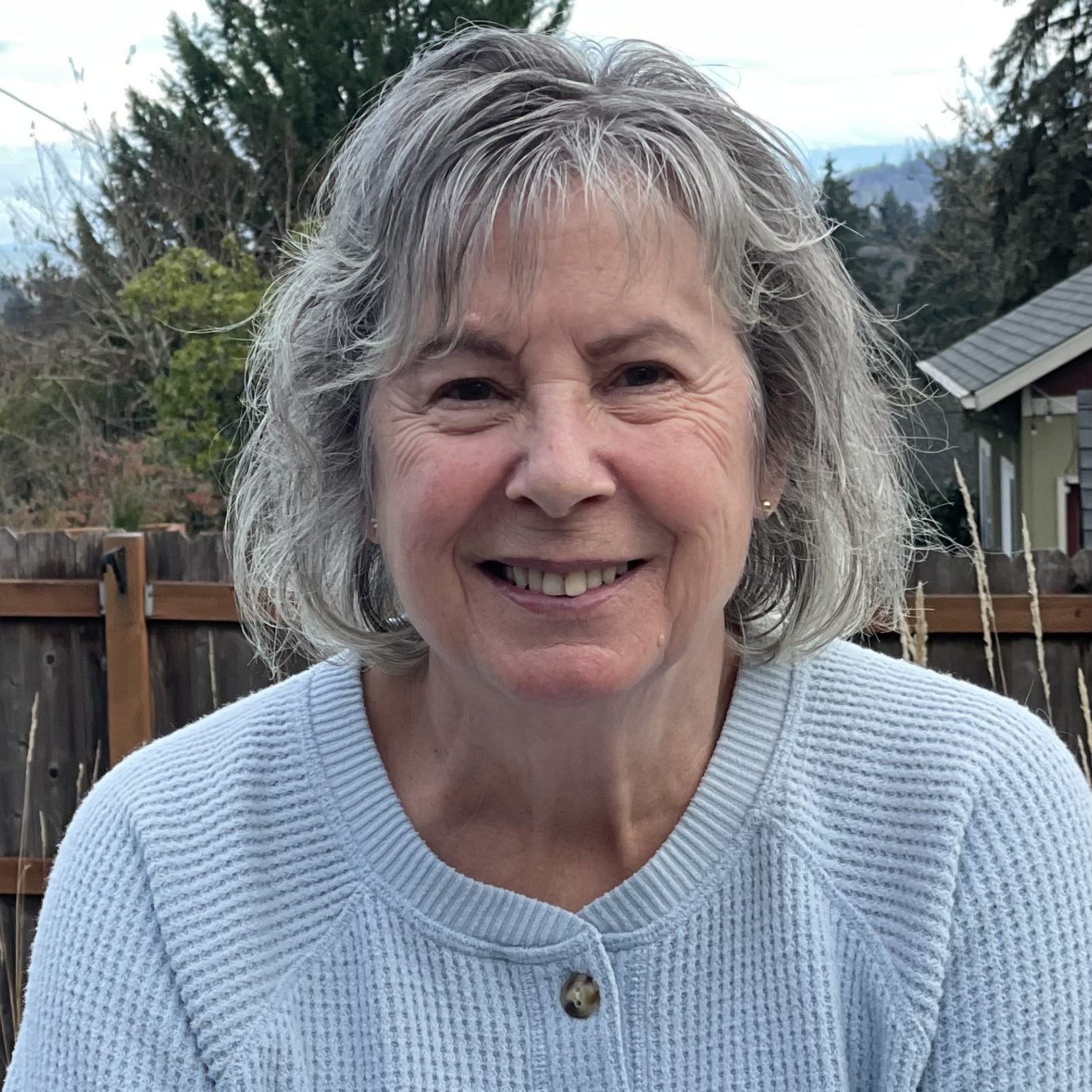
Robin Murbach
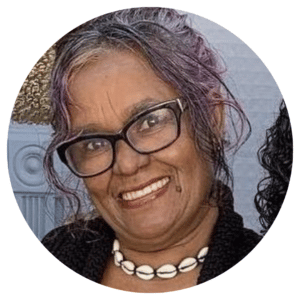
Valentina Sores, Doula and Home Visitor
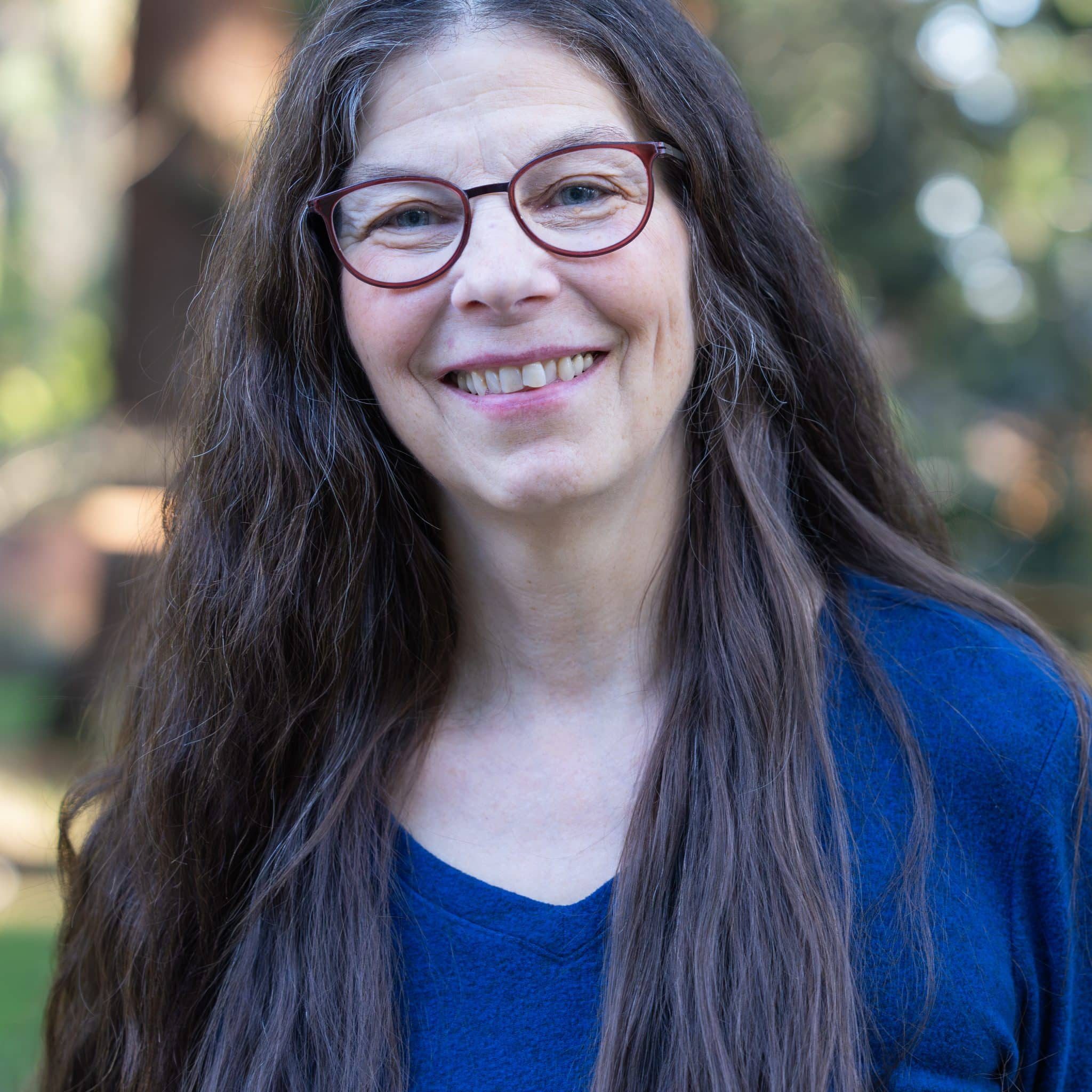
Ellen Tappon, CD (DONA), THW Doula
Statement of Solidarity
“We can’t all be created equal, if we can’t get an equal start in life.”
- Michael Lu, physician and Associate Administrator of Maternal and Child Health at the US Department of Health and Human Services
To be a doula is to answer a calling to serve. The Community Doula Program is built on a commitment to care for all pregnant people who want an advocate by their side. We recognize that one of the legacies of enslavement is current widespread obstetric racism, both implicit and explicit, that can render Black families invisible. To mothers around the world who pour out their grief, for the thousands of Black children who have been harmed or killed by anti-Black racism, we see you. The CDP reaffirms our commitment to dismantling the systems that lead to birth inequities, mass incarceration and police brutality, for all lead to the same unacceptable outcome – an inequitable burden of preventable death and suffering. We acknowledge our collective responsibility for the structural and direct violence perpetuated against Black bodies, and we renew our dedication to support families as they bring their babies into the world. To mothers and parents everywhere, we hear your outrage and sorrow and stand alongside you as we envision and implement a more equitable future . . . one birth at a time.
We invite you to join us in the work and take one direct action step today: Donate to Sacred Root Doula, a program of the Black Parent Initiative. Learn more here.
